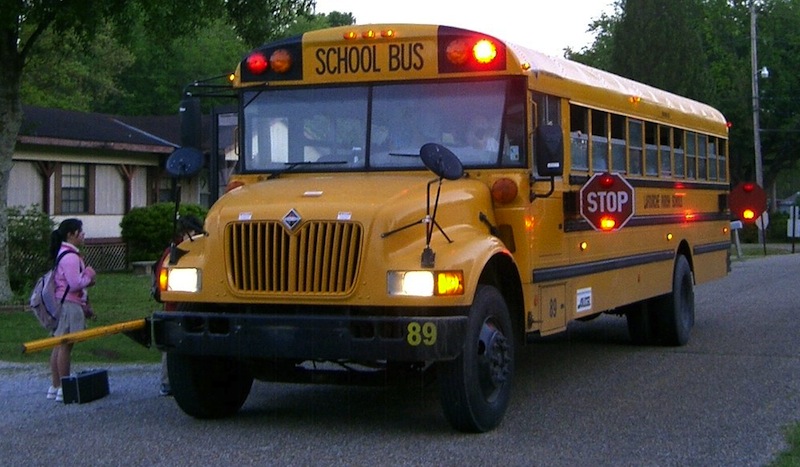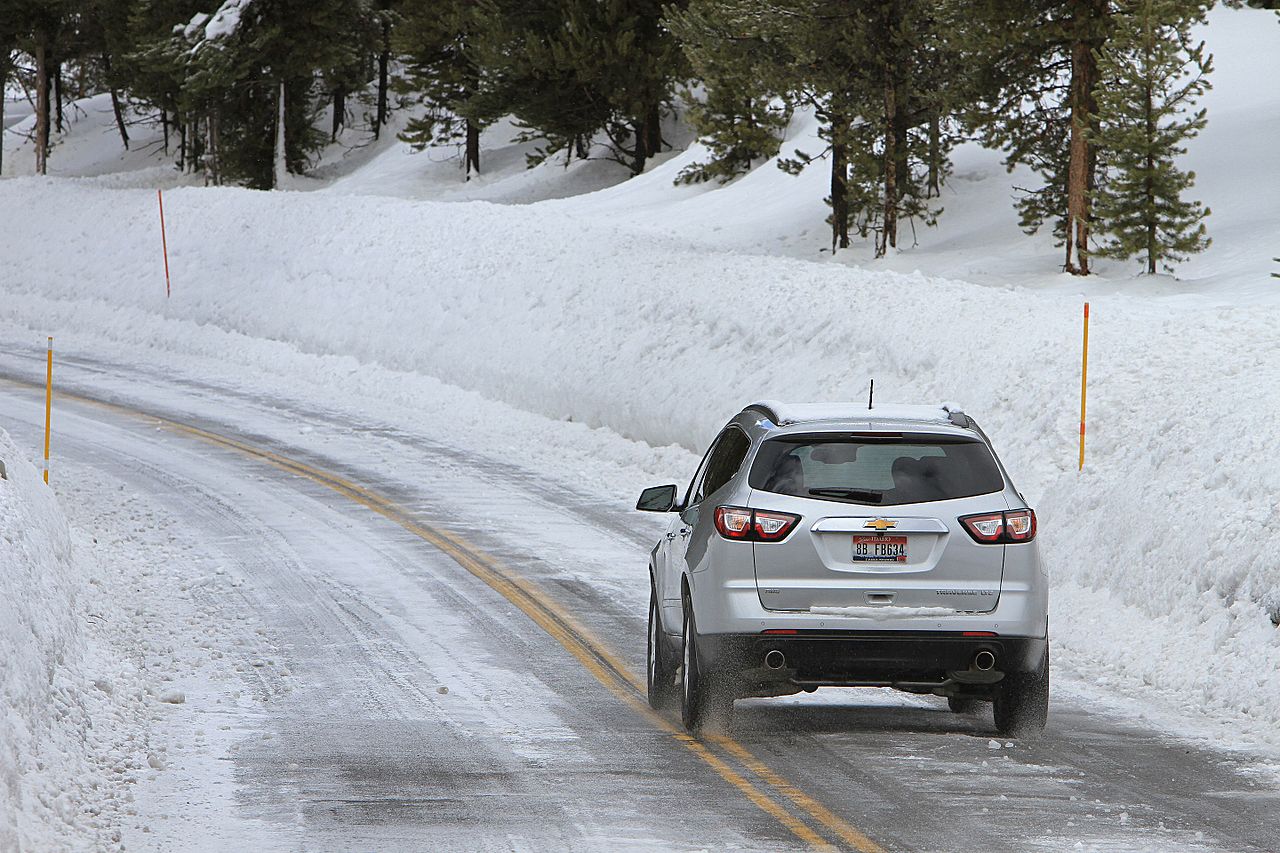
A common urban legend is that cops are less likely to give out speeding tickets in the winter. There are multiple theories for this supposed trend. One is that more police officers are on vacation. Another is that ticket quotas are mostly filled. Other explanations include the holiday spirit makes police more forgiving and the cold weather makes officers want to stay in their car.
Is there any truth to the legend? A look at the data reveals the answer is definitively… sort of.
Public data from New York State Department of Transportation provides information on every ticket issued between 2012 and 2014, broken down by month. This data was filtered for speeding ticket and then graphed.
In each year, the number of speeding tickets issued began to decline starting in October, reaching its lowest point in December. Figures rose in January and February before spiking in March. However, winter technically starts Dec. 21 and ends March 19. If anything, the decline in tickets coincides with autumn rather than winter.
So if it isn’t the season, could it be the weather?
An analysis by one blogger correlated total traffic ticket data to inclement weather (rain and snow) for Montgomery County, Maryland. He found that officers issued fewer tickets on days when it rained or snowed, particularly in colder months. Rain and snow can mean less cars on the road and more cautious driver behavior, both of which would result in fewer traffic tickets, but the biggest factor is likely that officers do not want to get out of their vehicles in bad weather.
Even that explanation is flawed. January and February are often just as cold as December, and statistically are just as likely to see snow and rain. Yet the first two months of the year experience a gradual rise in speeding tickets. The idea that fewer drivers are on the road in December is also unlikely, since the 10 days before Christmas are the busiest travel days of the year.
The only thing that can be said for certain is that there are consistent peaks and valleys in the number of speeding tickets written. The bad news is the lull in speeding tickets is coming to an end.
No matter what the season, a speeding ticket can definitely ruin your day (or year). Even the smallest speeding ticket will cost at least $150, plus up to $93 in court fees and a possible driver responsibility assessment of $100. In addition, a conviction means 3 points on your license as well as an increase in your auto insurance rates. If you or a loved one has been caught speeding, you need the help of a skilled attorney to avoid the many costs associated with a ticket. The lawyers of the Rosenblum Law Firm have extensive experience fighting speeding tickets in New York as well as other driving-related offenses. Call 888-203-2619 or email the Rosenblum Law Firm today for a free consultation about your case.
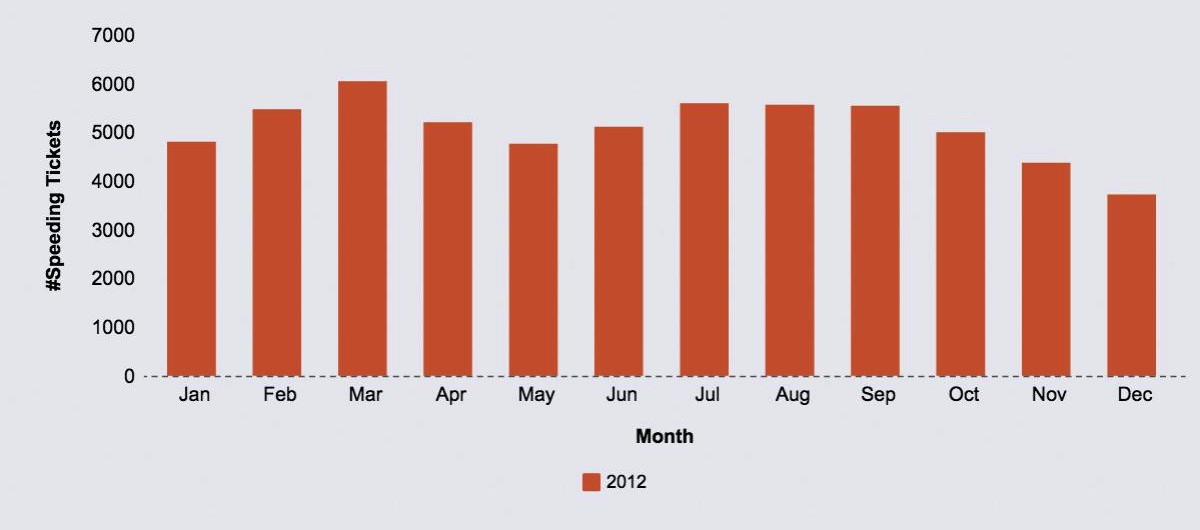
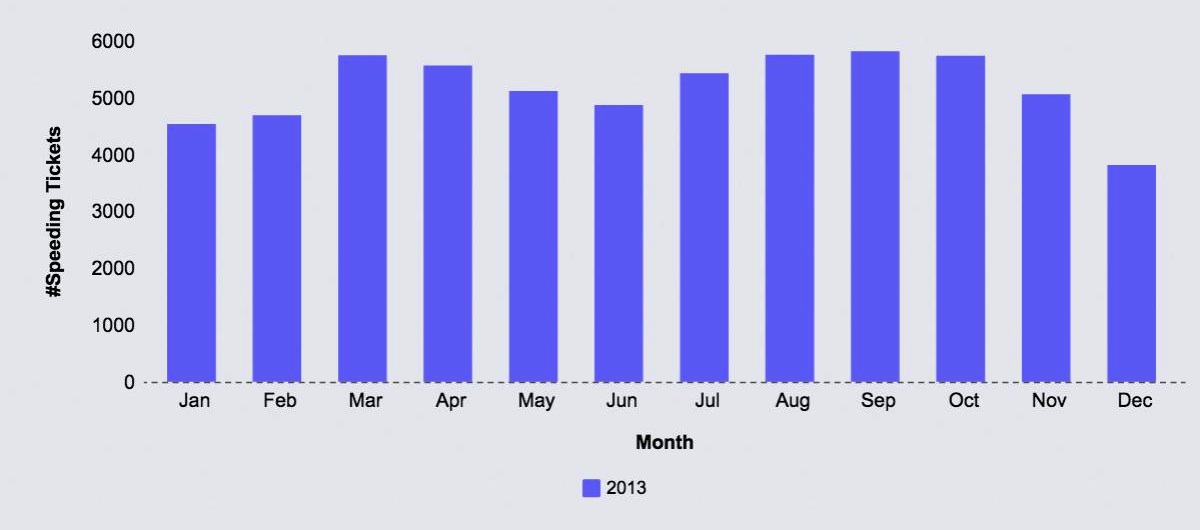
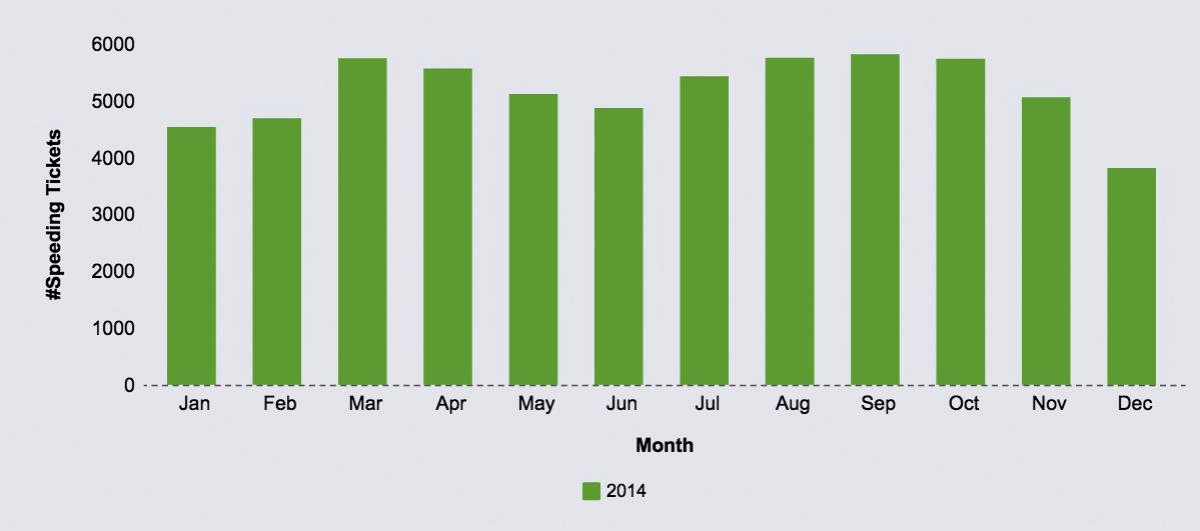
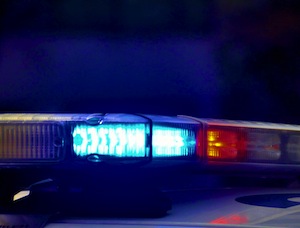 We live in a busy world. Our time is valuable and most of us would prefer to spend time at our destination, rather than on the road. This is often a contributing factor as to why many drivers speed, along with a need to get to appointments on time, and a desire to be somewhere where we can check our phones without fear of legal repercussions.
We live in a busy world. Our time is valuable and most of us would prefer to spend time at our destination, rather than on the road. This is often a contributing factor as to why many drivers speed, along with a need to get to appointments on time, and a desire to be somewhere where we can check our phones without fear of legal repercussions.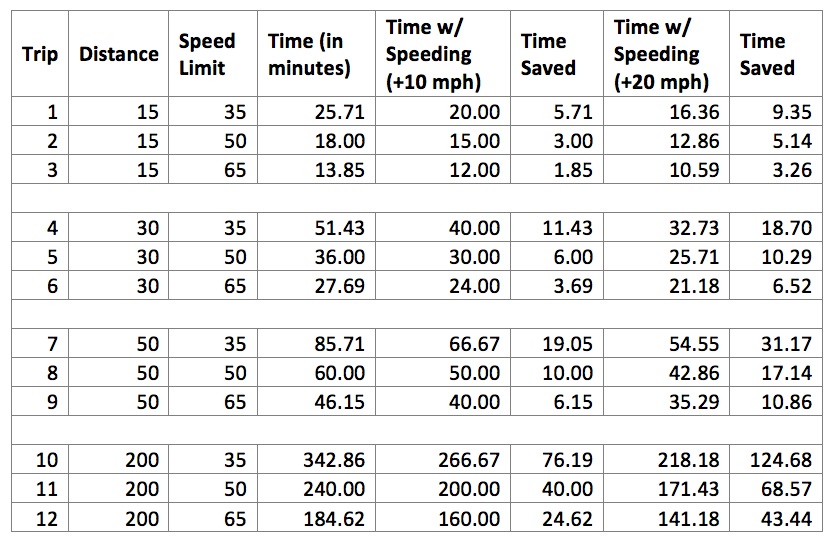
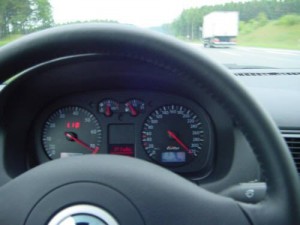
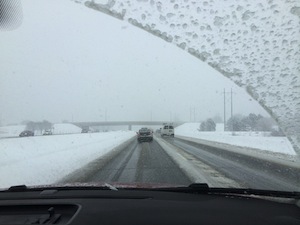
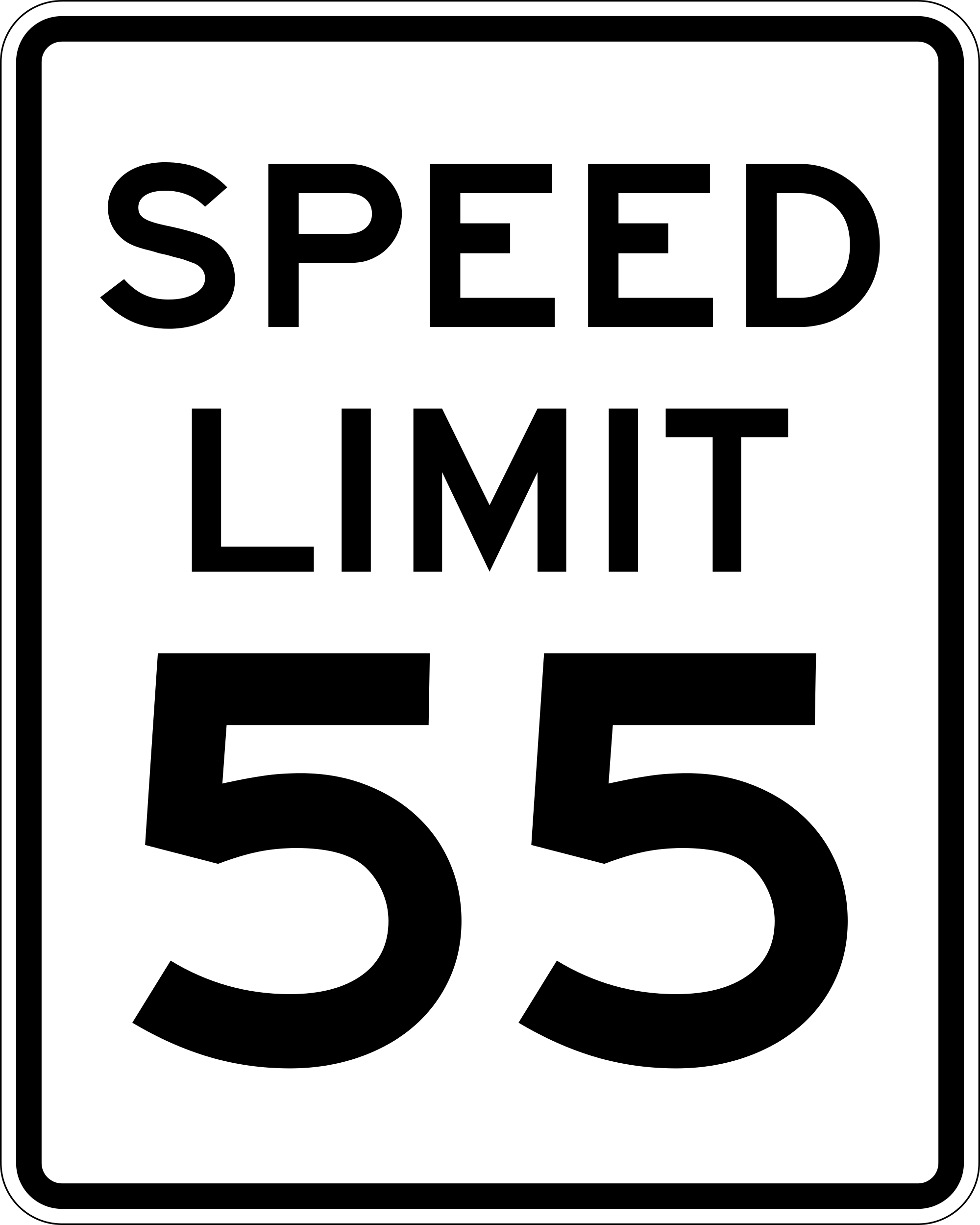
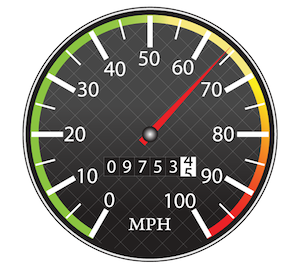 A speeding ticket can cost over $200 in New York, along with at least three points on your license. “But,” you say, “there’s no guarantee I’ll get caught!”
A speeding ticket can cost over $200 in New York, along with at least three points on your license. “But,” you say, “there’s no guarantee I’ll get caught!”
 Suburban drivers are familiar with the uptick in the pedestrian traffic that comes with Halloween trick-or-treating. All those kids on the street increase the possibility of an accident, which makes it important to be extra mindful of driving habits. According to the National Highway Traffic Safety Administration, deaths caused by car-versus-pedestrian accidents account for 11% of all traffic accident deaths.
Suburban drivers are familiar with the uptick in the pedestrian traffic that comes with Halloween trick-or-treating. All those kids on the street increase the possibility of an accident, which makes it important to be extra mindful of driving habits. According to the National Highway Traffic Safety Administration, deaths caused by car-versus-pedestrian accidents account for 11% of all traffic accident deaths.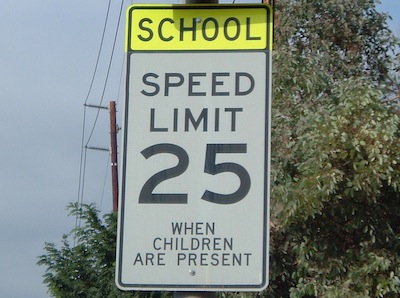 Two New York state politicians are looking to crack down on drivers who speed in school zones. Senator Jose Peralta and Assemblywoman Deborah Glick have
Two New York state politicians are looking to crack down on drivers who speed in school zones. Senator Jose Peralta and Assemblywoman Deborah Glick have 